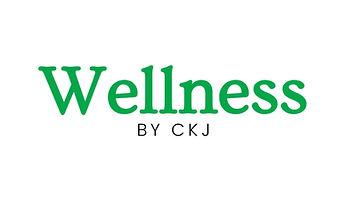REAL TALK: BRAIN FOG AND HOW TO COMBAT IT
- CKJ

- Mar 23, 2019
- 2 min read
The fog is real...brain fog that is. But first, what is brain fog?
In short, many would describe brain fog as a feeling of clouded thinking. Characteristic symptoms include lack of focus, poor memory recall and forgetfulness, confusion and decreased mental alertness.
Sound familiar?
Apparently brain fog is a hugely common phenomenon and affects the quality of daily life for many of us. Brain fog can be attributed to a number of causes. Some of the big ones include sleep deprivation, poor nutrition, food sensitivities and stress.
Turns out there are a few easy 'tweak' you can do to avoid and undo brain fatigue. Bookmark this for when you just can't deal.
4 simple (and stress-free) ways to de-fog:
1. Eat good food: The brain thrives off an adequate supply of vitamins, minerals and nutrients. That said, ditch the sugar and fuel your brain with nutrient-packed whole foods like vegetables, fruits, whole grains, and nuts/seeds.
Try incorporating:
Matcha Tea - Shown to contribute to improved mental alertness and clarity. Matcha contains naturally occurring caffeine and l-theanine (an amino acid found in plants) that help give you an alert but calm vibe.
Walnuts - The omega-3s in walnuts help improve your mood and your overall brain function to keep you focused and sharp. High levels of omega-3s may also stimulate brain activity by increasing cell receptor activity to serotonin (lower levels are linked to depression).
Farro - A whole grain that is digested slowly, which boosts blood sugar over time and gives your brain a steady supply of glucose, rather than a quick sugar spike leading to an afternoon crash.
2. Sleep with quality: Don't expect your brain to perform at its best if you're tired. Aim for seven to eight hours, an ideal amount of sleep to get in order to combat fatigue.
3. Relax: Stress is one of the top contributors to brain fog. Be sure to incorporate 'me-time' to relax and unwind. Deep breathing is a simple, yet effective way to get back into balance.
4. Move more: Exercise is first-line therapy for stress management and improves circulation to ensure adequate blood flow to the brain.

























Comments